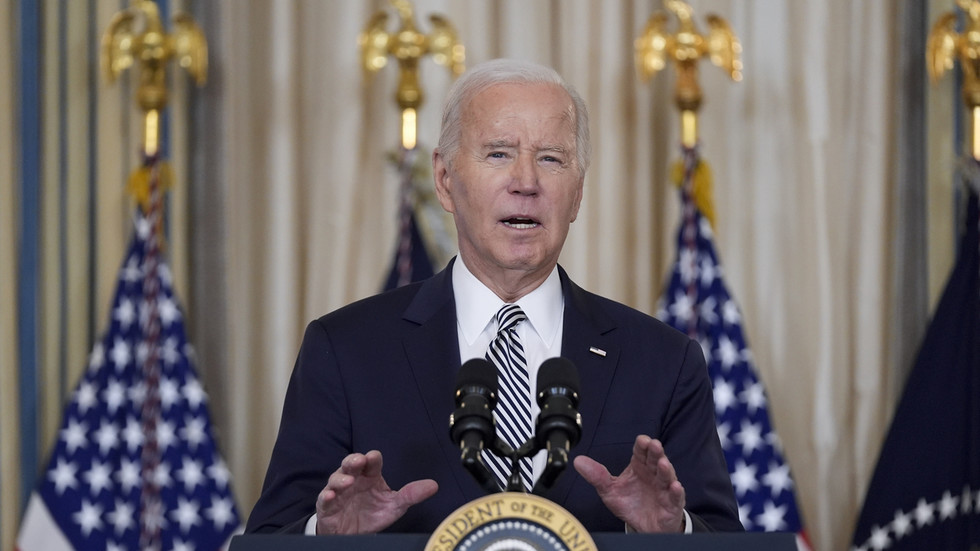Saturday, Feb. 3, 2024 | 2 a.m.
Each morning at 7:45 a.m., the fifth-grade students are expected to be in their seats and ready to learn.
Usually by 7:46 a.m., their teacher can see which ones are definitely not ready.
The teacher, a friend, says sometimes the students are in a good mood, sometimes they aren’t. She wonders, like I do, if a later start time could make a difference.
Ten years ago, the American Academy of Pediatrics gave the nation’s school systems a recommendation — that middle and high schools start no earlier than 8:30 a.m. But some school districts have ignored that advice.
I’m aware that fifth grade is still elementary school, but the recommendation was based partly on when puberty starts. That’s between the ages 8 and 13 for most girls, and ages 9 and 14 for boys.
Two decades of research indicates that, as puberty begins, students undergo biological changes that affect sleep schedules. While they need about nine hours of sleep per night, they may find it more difficult to fall asleep before 11 p.m. and to wake up before 8 a.m.
A California law, the first of its kind in the nation, took effect last year requiring that high school classes begin no earlier than 8:30 a.m. and middle schools no earlier than 8 a.m. Florida schools must meet similar requirements by July 2026.
My friend, the fifth-grade teacher, suspects starting later wouldn’t just help the students, it would help the teachers, as well.
Sure, the school day would be a bit longer, she said. And sure, this could introduce conflicts with parents’ work schedules or make it harder for them to juggle multiple students at different grade levels. But the payoff, she thinks, could be more attentive students.
Two years ago, when my daughter entered sixth grade at her old school, the drop-off time was 7:30 a.m. This was the first year of students returning to in-person school after the pandemic. Drop-off times were staggered to accommodate social distancing, and classroom instruction began at 7:45 a.m.
It wasn’t easy to watch her drag herself out of bed each morning at 6:30 a.m. I tried shifting bedtime earlier. But it didn’t matter what time she went to bed, there seemed to be no way to overcome a deficit of sleep.
I felt the same — I generally don’t like to wake up before 7 a.m. But, hey, this isn’t about me.
I reached out to a teacher at her former school. She told me that the start time for middle school has recently changed. Middle- and high school students now begin class at 8:15 a.m. On a personal level, some teachers have found this to be a great thing, she said. It gives them more time to arrive, get settled before students come and prepare for the day — improving teacher morale. And we know that also can have an impact on student success.
In the past, school districts looking at start time changes have struggled to work out transportation schedules, since many schools use the same bus fleet for different grade levels. But isn’t it worth working through those problems if it would significantly change student outcomes?
So much of the conversation around school start times has centered on what parents need or what the transportation schedule can accommodate. But it should be focused on what is healthy and what has been shown to improve student performance.
Though research on the outcomes of later start times has been limited, one new study says suspensions increase and test scores suffer when middle-schoolers start class earlier.
A one-hour delay in middle school start times could lead to 8% higher math scores and 4% higher reading scores, the study said. Middle-school boys were 2.5% less likely to be suspended during the year.
The link between early start times and negative outcomes was even more pronounced for economically disadvantaged students. And, contrary to many ongoing conversations about the impact on parents, it was harder for some students and families to adjust to an earlier commute than a later one.
There’s some thinking that early start times have less of an impact on younger students, so elementary schools tend to start their day earlier.
Our fifth-grade teacher still wonders if later might be better for everybody.
School start times are definitely a puzzle. But the solution should always be centered on what is best for students.
Nedra Rhone is a columnist for The Atlanta Journal-Constitution.















